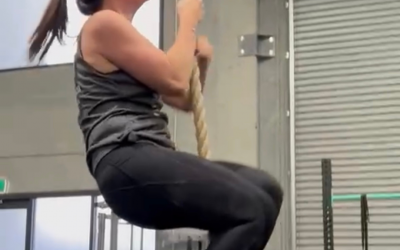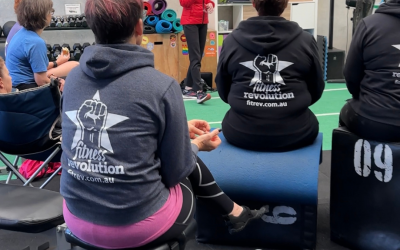We love a social drink now and then but we also understand that excess booze has a significant impact on our waistline and mental health. With the silly season on the horizon it is a good time to talk about strategies to reduce consumption.
So here are a few tips and pointers to help you make decisions that you won’t regret the next day.
Why Did I Eat That Late Night Kebab?
When a person drinks alcohol the body responds to the increase in blood sugar levels by producing more insulin.
Once the process has started, the insulin carries on working to lower blood glucose levels. Side effects can include:
Shaky feeling Heavy sweating Dizziness Blurred vision Feeling tired To overcome this feeling of lethargy and tiredness the body will be craving a carbohydrate boost which is why many people feel hungry when they have been drinking.
Thus regular drinking means a large amount of excess calories and sometimes a second dinner.
Why Do I Feel So Tired the Day After?
Quality of sleep is affected as the body is unable to sufficiently rest and enter the sleep cycle. When alcohol, which is effectively a poison, enters the bloodstream the body must prioritise processing it and regulating blood sugar.
In addition, dehydration affects sleep quality and adds to the grogginess experienced when waking.
Why Do My Guts Feel Gross?
Alcohol can also….
Irritate the stomach causing gastritis (chronic stomach upset) often resulting in retching and vomiting. Cause inflammation of the oesophagus causing heartburn. Affect the large bowel. The small and large intestines reabsorb salt and water, but alcohol interferes with this process often causing diarrhoea. Result in thread veins and permanent skin damage if you drink regularly over a number of years. And of course, weight gain is an issue. The insulin helps the body to convert sugars to fat and overall alcohol slows down your metabolism.
Strategies to Reduce Consumption
Delay the drink – wait until after dinner. If you STILL really want one, then have it. But chances are you’ve passed that self belief that you need it to wind down. Decide how many nights a week you can cope with initially (eg: aim for 3 nights off per week) and plan what nights they will be in advance. Do things that aren’t particularly compatible with drinking to make it easier on you. Challenge the benefits. Do you really need alcohol to unwind, loosen up, have fun, and bond with your friends? Have your drinking habits so far achieved these benefits? Try to give yourself some credit. Count your way to reduction: track how many drinks you have each week and have a little bit less each week. Before you drink the first beer, have a plan. If you can’t stick to the plan, don’t drink the first beer. Remember that we learn to manage stress with alcohol and we can also unlearn it.
The main thing is – be kind to yourself, it’s difficult for anyone to change their habits, as you know, building new emotional, neural and physical pathways takes time, so just get a strategy in place and write it down. Don’t expect to go cold turkey overnight unless you really know you are ready for it.
Nicky McKimmie Mobile Personal Training Specialist Fitness Revolution





0 Comments